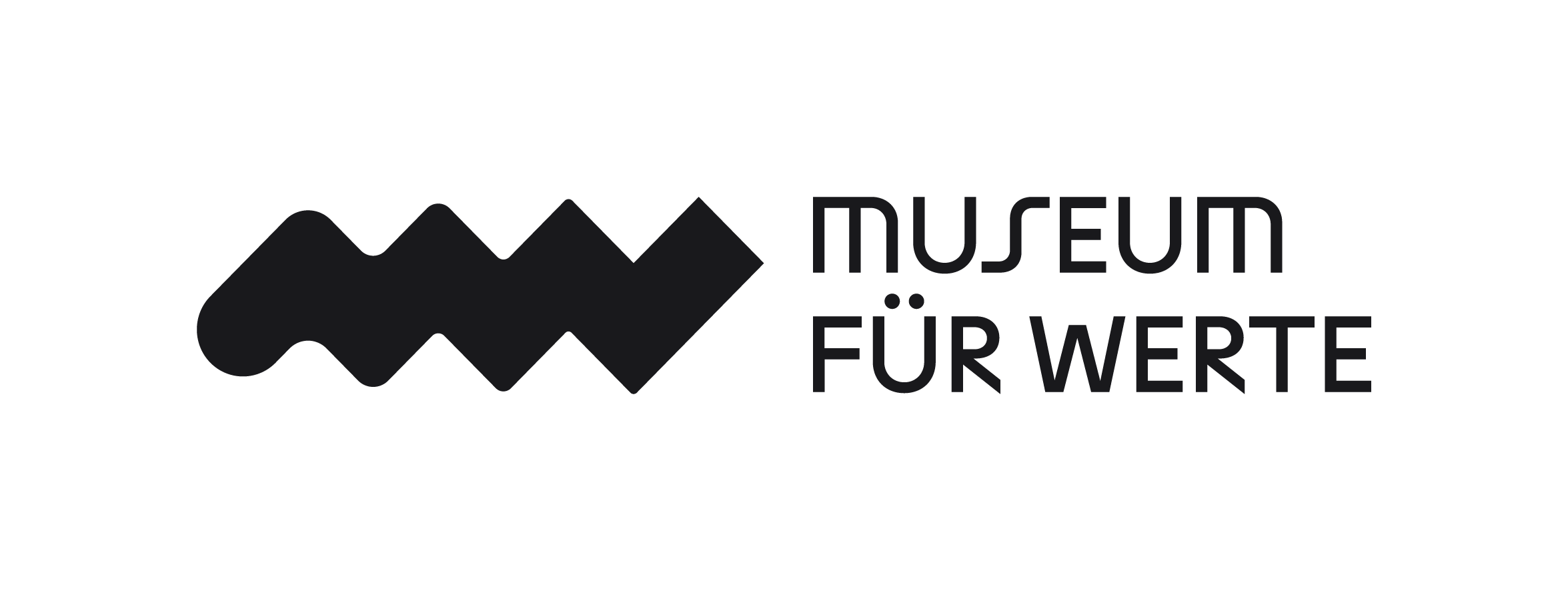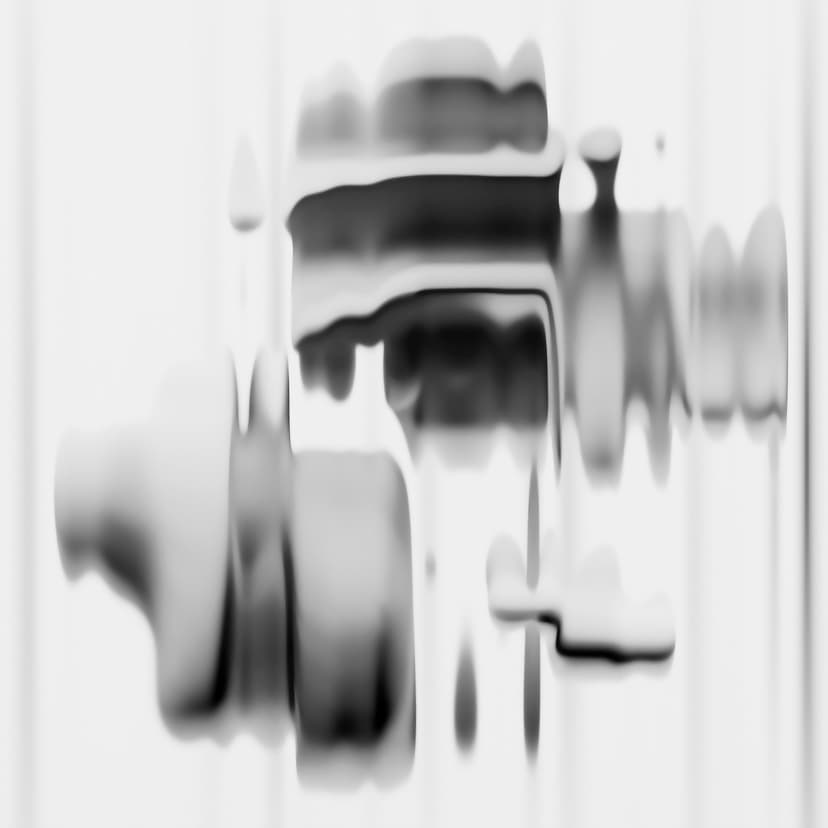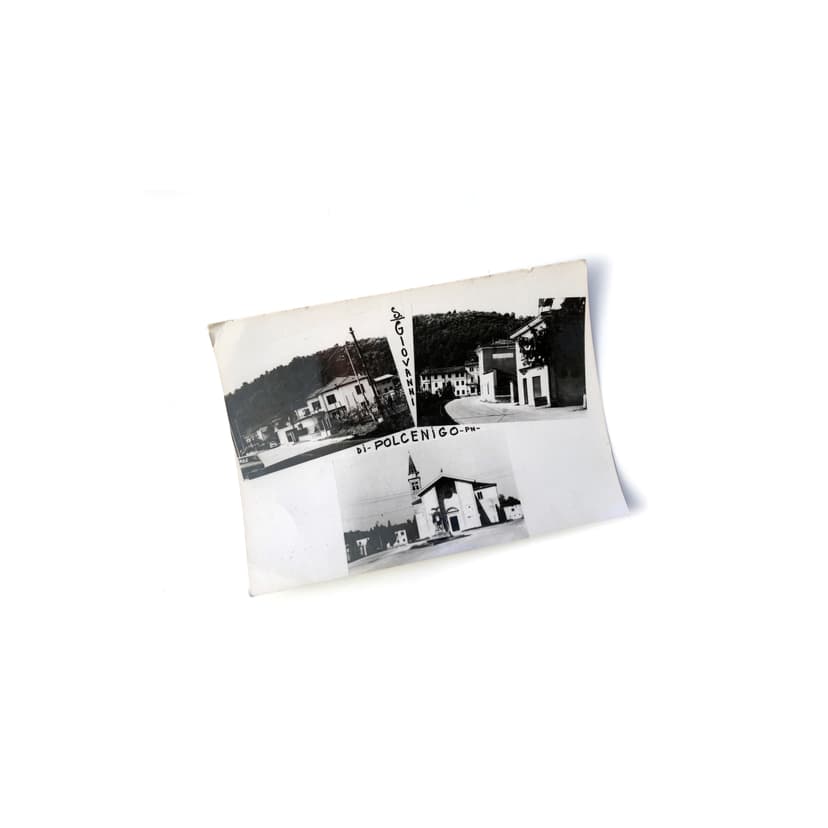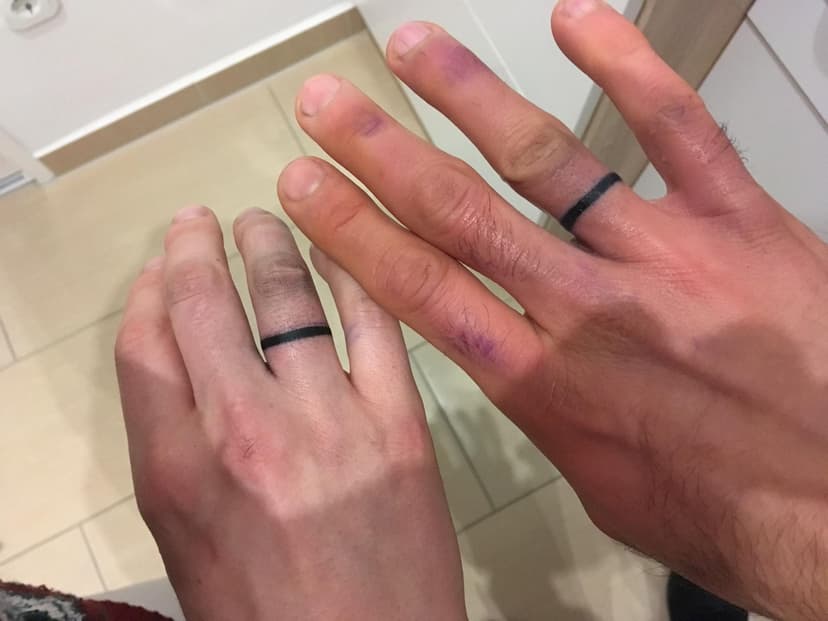It's been a year now since I was able to accompany my father on his final journey. The previous September, doctors had discovered two brain tumors and made it clear to us that a complete cure was impossible. Within three days, I gave up my room in the student dorm, put my studies in Austria on hold, and returned to Germany. It was clear to me that I wanted to spend the coming time with my parents, and some impressive months began for me. My father underwent surgery and radiation, but the tumors grew again. One evening, he pressed my head to his chest and said, "Don't be sad. There are so many people worse off than me." This moment had an incredible impact on me.
Because by that time, he was already blind, paralyzed on one side, and also suffering from epilepsy. I witnessed the love of my parents—not just me, but also the nurses and the palliative care team. My father stroked my mother's hand and cheek whenever he could. He repeatedly told her how much he loved her and how beautiful she was. When I asked my father where he felt the most beautiful place, he simply replied with a smile: "At home with the family." My father had traveled to over 50 countries and had incredible adventures in Asia, yet he still loved being at home most of all. As he breathed his last breath in the bedroom with my mother and me present, I thought of his special relationship with a monastery. Not only for the monks of this monastery—but also for my father—death had not become an enemy. Death was seen as a brother, whom he did not fight, but rather respectfully embraced and accepted.




